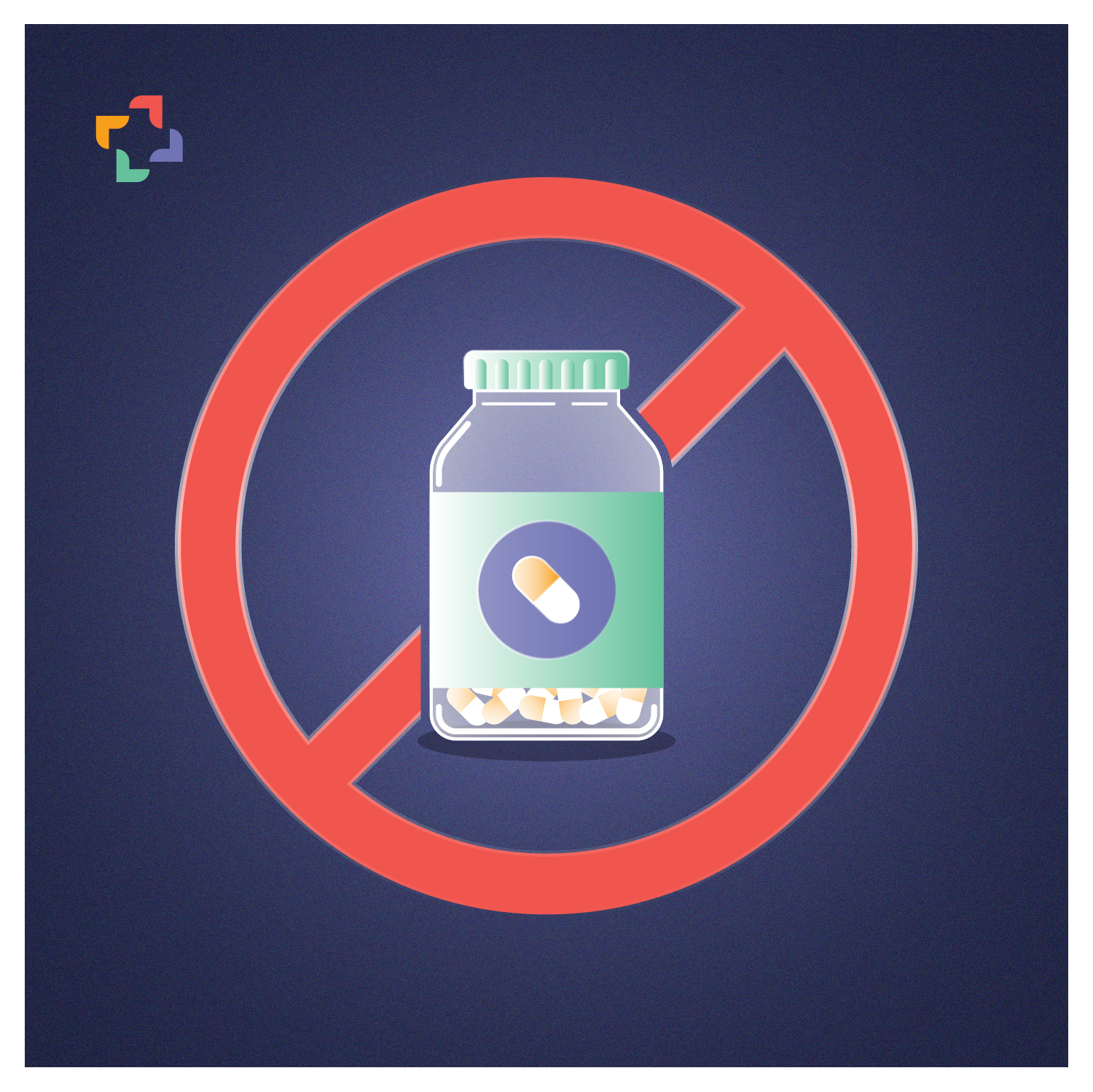Drug Allergy
Learning Objectives
At the end of this course, participants should be able to:
- Recognize signs and symptoms of medication hypersensitivity reactions
- Compare and contrast drug challenges and drug desensitization procedures
- Incorporate “delabeling” and low risk drug challenges into practice
Intended Audience:
This online course is designed for pediatricians, family physicians, and allergists, and clinical immunologists.
Abstract:
Adverse drug reactions (ADRs) are any unwanted and unintended effects of medications when they are given at appropriate doses. Only about 10% of these are immunologic in nature, and these are referred to as hypersensitivity reactions or medication allergies. Particularly in children, it can be difficult to determine if rashes are hypersensitivity reactions or viral exanthems. Oftentimes, there is no validated testing method other than a diagnostic drug challenge to determine if there is true drug hypersensitivity. Increasingly, research supports the use of graded drug challenges for many types of potential hypersensitivity reactions, even in pediatric patients. However, it remains a contraindication to rechallenge medications suspected of triggering severe cutaneous adverse drug reactions (SCARs) such as Stevens-Johnson syndrome (SJS), toxic epidermal necrolysis (TEN), and drug reaction with system symptoms (DRESS). Some types of drug hypersensitivity reactions are amenable to drug desensitization, particularly immediate hypersensitivity reactions. ADR classification systems help us determine if it is safe to perform a diagnostic drug challenge or desensitization.
Assessment and Earning CME Credit:
This course in English is not CME-accredited. However, it provides valuable educational content that can enhance your knowledge and skills in the subject matter. To receive CME credit for this course in Armenia, you must take the course in Armenian and complete the post-course quiz. You have three chances to achieve a passing score of 70%. Once you pass the quiz, we will send your information to the Armenian Ministry of Health for credits.

Dr. Melinda Braskett
Dr. Melinda Braskett is the Associate Medical Director of the Gores Family Allergy Center at Children's Hospital Los Angeles and an Assistant Professor in Clinical Pediatrics at Keck School of Medicine at the University of Southern California. She is a board-certified allergist and clinical immunologist. She is also board certified in pediatric medicine. Dr. Braskett graduated with honors from the College of Physicians and Surgeons at Columbia University in New York City. She completed her internship and residency at Children’s Hospital Los Angeles, and her fellowship in Clinical Immunology and Allergy at the David Geffen School of Medicine at UCLA. Prior to coming to CHLA in February of 2016, she was an Assistant Clinical Professor at UCLA where she refined her expertise in high-risk food and drug allergy procedures as Medical Director of the UCLA Food and Drug Allergy Care Center. She has extensive experience in clinical food allergy as she has been a practicing allergist for over 10 years and has served as a clinical investigator on numerous investigator-initiated and pharmaceutical trials. She is passionate about the field of food allergy and very optimistic about the new recommendations that will enable us to safely introduce peanuts early in at-risk children and prevent clinical food allergy.
